Introduction:
Interviews are pivotal moments in one’s career journey, where your skills, personality, and potential converge to make a lasting impression. Acing an interview is not just about answering questions; it’s a holistic approach that involves preparation, communication, and self-presentation. This guide aims to provide a step-by-step roadmap for individuals looking to elevate their interview performance and leave a lasting impact on prospective employers.
1. Understanding the Role and Company:
Before stepping into the interview room, invest time in thoroughly understanding the role and the company. Research the organization’s mission, values, and recent accomplishments. Familiarize yourself with the job description, key responsibilities, and the skills required. This foundational knowledge not only demonstrates your genuine interest but also equips you to tailor your responses effectively.
2. Practicing Common Interview Questions:
Prepare for the expected by practicing common interview questions. Anticipate inquiries about your strengths, weaknesses, achievements, and challenges. Craft thoughtful and concise responses that showcase your abilities and align with the qualities the employer is seeking. Practice with a friend or in front of a mirror to refine your delivery and build confidence.
3. Showcasing Your Achievements:
Interviews provide an opportunity to highlight your accomplishments. Create a list of your key achievements in previous roles, emphasizing quantifiable results and showcasing the impact of your contributions. Use the STAR method (Situation, Task, Action, Result) to structure your responses, providing a clear narrative of your successes.
4. Tailoring Your Responses to the Job Requirements:
Each interview is unique, and tailoring your responses to the specific job requirements is crucial. During your research, identify the key skills and attributes the employer is seeking. Align your responses with these requirements, demonstrating how your experiences and abilities make you an ideal fit for the role.
5. Developing a Strong Elevator Pitch:
Craft a compelling elevator pitch that succinctly introduces who you are, your professional background, and what makes you an exceptional candidate. This pitch serves as a concise overview of your qualifications and sets a positive tone for the interview. Practice delivering it with confidence to create a strong first impression.
6. Mastering Non-Verbal Communication:
Interview success extends beyond verbal communication. Pay attention to your non-verbal cues, including body language, eye contact, and facial expressions. Project confidence through a firm handshake, maintain good posture, and actively listen to the interviewer. Non-verbal cues convey professionalism and contribute to a positive overall impression.
7. Addressing Behavioral Questions:
Employers often use behavioral questions to assess how candidates have handled specific situations in the past. Be prepared to discuss challenges you’ve faced, actions you’ve taken, and the outcomes. Use the STAR method to structure your responses, providing context and showcasing your problem-solving skills and adaptability.
8. Asking Thoughtful Questions:
Interviews are a two-way street, and asking thoughtful questions demonstrates your genuine interest in the role and the company. Prepare a list of questions about the team dynamics, company culture, and expectations for the role. Avoid questions that can be easily answered through basic research, and instead, focus on inquiries that show your strategic thinking.
9. Demonstrating Cultural Fit:
Beyond technical skills, employers often assess cultural fit during interviews. Convey your alignment with the company’s values and culture by showcasing your interpersonal skills and emphasizing experiences that highlight collaboration and adaptability. Emphasize your ability to contribute positively to the team dynamic.
10. Handling Challenging Situations:
Interviews may include challenging questions or unexpected scenarios. Stay composed and approach these situations with a positive mindset. If faced with a difficult question, take a moment to gather your thoughts before responding. Maintain a solution-oriented approach, demonstrating resilience and the ability to navigate challenges effectively.
11. Following Up After the Interview:
Post-interview etiquette is crucial. Send a thank-you email within 24 hours expressing your gratitude for the opportunity and reiterating your interest in the position. Use this opportunity to reaffirm your qualifications and briefly touch on key points from the interview. A well-crafted thank-you note reinforces your professionalism and commitment to the role.
12. Reflecting on Your Performance:
After the interview, take time to reflect on your performance. Consider what went well and areas for improvement. If you receive feedback, use it constructively to enhance your interview skills for future opportunities. Continuous self-reflection and improvement contribute to your overall growth as a candidate.
Conclusion:
As you embark on the journey to master the interview, remember that each interaction is a unique opportunity to showcase your potential and align your skills with the needs of prospective employers. The comprehensive guide provided here is designed to empower you with the tools and strategies needed to navigate the intricacies of interviews successfully. Capital Joblink recognizes the pivotal role that effective interview skills play in shaping a candidate’s professional journey and encourages individuals to leverage these insights. May your next interview be a stepping stone toward success, where your abilities shine, and your potential is truly recognized. Best of luck on your interview journey!


